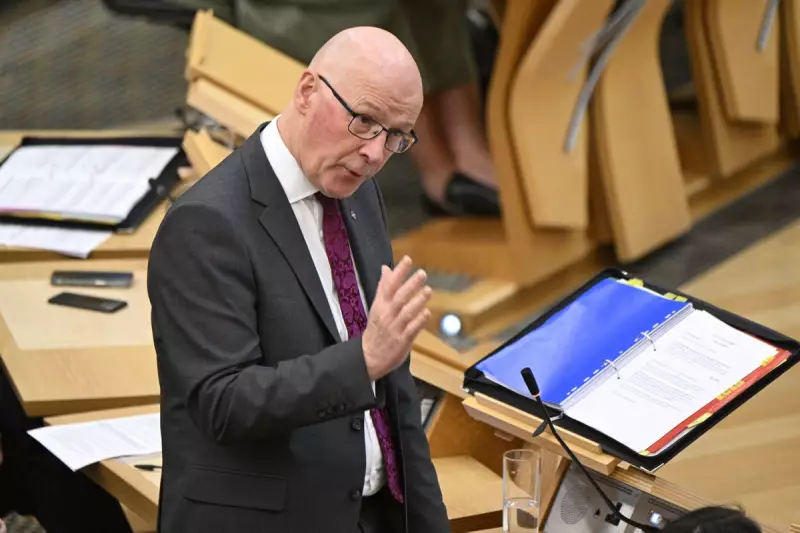
Scotland's political landscape is set for renewed turbulence as First Minister John Swinney has boldly declared that the campaign for Scottish independence will "recommence shortly," delivering a direct challenge to Westminster's authority.
In his first major speech since assuming leadership, Swinney told the Resolution Foundation that Scotland stands at a critical juncture, insisting that "we cannot continue to have our potential limited by the Westminster system." The veteran SNP politician positioned himself as a leader determined to break constitutional deadlock.
A Renewed Constitutional Battle
Swinney's comments signal a significant escalation in the independence debate, which had appeared to stall in recent months. "We will recommence the campaign for independence shortly," he stated unequivocally, though he stopped short of providing a specific timeline for this renewed push.
The First Minister framed his argument around economic justice and self-determination, suggesting that Scotland's resources and potential are being constrained by decisions made in London. His speech highlighted what he described as fundamental differences in political vision between Holyrood and Westminster.
Challenging the Westminster Status Quo
In a direct challenge to the UK government's approach, Swinney argued that the current constitutional arrangement is no longer fit for purpose. He emphasised that Scotland must have the power to make its own choices on key issues affecting its citizens.
"We cannot continue to have our potential limited by the Westminster system," Swinney declared, positioning the independence question as one of national potential versus imposed limitation.
Political Strategy and Next Steps
Political analysts suggest Swinney's comments represent a strategic shift, moving the independence question back to centre stage after a period where practical governance issues had dominated Scottish political discourse.
While the mechanism for achieving another independence referendum remains unclear, Swinney's unambiguous language indicates he intends to make constitutional change a defining feature of his leadership. The speech sets the stage for renewed tensions between Edinburgh and London as both governments prepare for upcoming elections.
Opposition parties have already criticised the focus on independence, arguing that the Scottish government should concentrate on improving public services and addressing economic challenges. However, Swinney appears determined to keep the independence flame burning, suggesting that for many in Scotland, the constitutional question remains unresolved.





